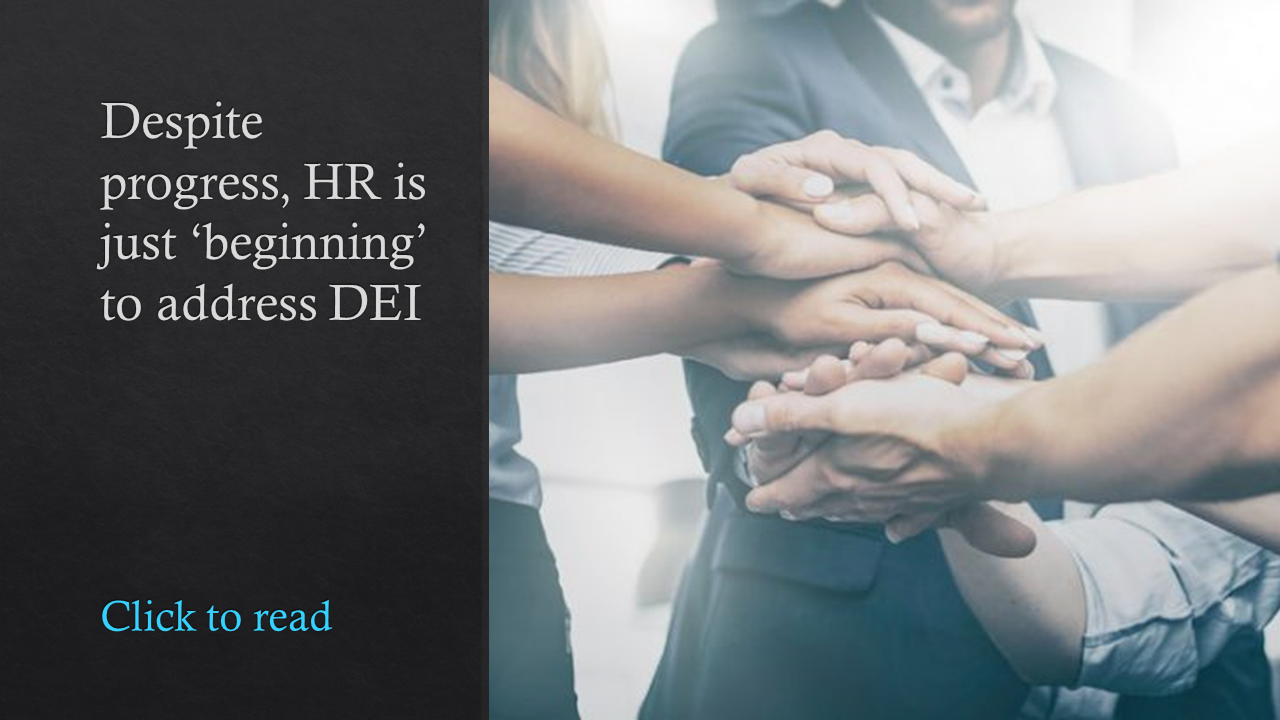As the world continues to react to the guilty verdicts in the George Floyd murder case, employers are working to provide support to their workforces, particularly employees of color, while considering how to use this moment to move the ball forward on equality.
Latest: After George Floyd verdict, ‘it’s all about support right now’

The Floyd case has represented a new era for anti-racism in corporate spaces, says Dee C. Marshall, CEO of Diverse & Engaged. The murder, captured on video, served as a stark representation of the epidemic of unarmed Black Americans killed at the hands of police: “Everyone was watching this,” Marshall says.
Because of that, it served as a “tipping point, where Fortune 500 corporations everywhere for the first time acknowledged racism does exist,” she says. Many got behind the Black Lives Matter movement, wrote antiracism into company policies and followed it up with charitable donations. “Prior to this,” she adds, “Black people in corporate America were not allowed to be Black other than within the confines of the Black employee resource group.”
Related: Learn more about DEI during HRE‘s Health & Benefits Leadership Conference. Register for the free, virtual event here.
While the triple guilty verdicts are an important step forward in the fight for racial equality, they don’t solve the problem for Black people, or Americans, Marshall says. But, they should provide an opportunity for business leaders to take a step back and explore how to deepen their commitment to eradicating discrimination.
Related: How the George Floyd trial is a chance for true corporate leadership
In particular, CEOs need to take the lead, says Marshall, offering a number of guideposts for immediate action following the Floyd verdict:
- Companywide messaging should be helmed by CEOs and supported by leaders–not delegated solely to HR. “The executive team must be present or it creates further suspicion” about credibility across the C-suite, says Marshall.
- CEOs should speak to their team, staff and suppliers before speaking out.
- They should speak from their heart. “This is the moment to be vulnerable and transparent,” Marshall says.
- CEOs need to call for a moment to pause and acknowledge how this could affect all employees differently, specifically “our internal Black community, from talent to vendors/suppliers, interns, contractors, etc.,” Marshall says.
- They should offer the opportunity for the team to connect with a licensed trained therapist in both same-race and cross-race conversations. “Hire a Black therapist. Hire Black-owned companies who do this work,” she adds.
- CEOs can recognize the power of the moment while also understanding “this conviction doesn’t solve the whole problem or give life back to George Floyd and the countless others like Daunte Wright, Breonna Taylor, Ahmad Aubrey, Michael Brown, Trayvon Martin, Sandra Bland, Philando Castile and so many others.” Instead, the messaging should note that this is “the moment we, corporate America, woke up last year to the systemic racism that this country was built on,” she says.
- CEOs must also call for independent investigations of systemic racism within their own companies–the real “substantive work” of breaking down racial injustice–and hold racists accountable if they have “taken part in killing the livelihood of people on their staff.”





